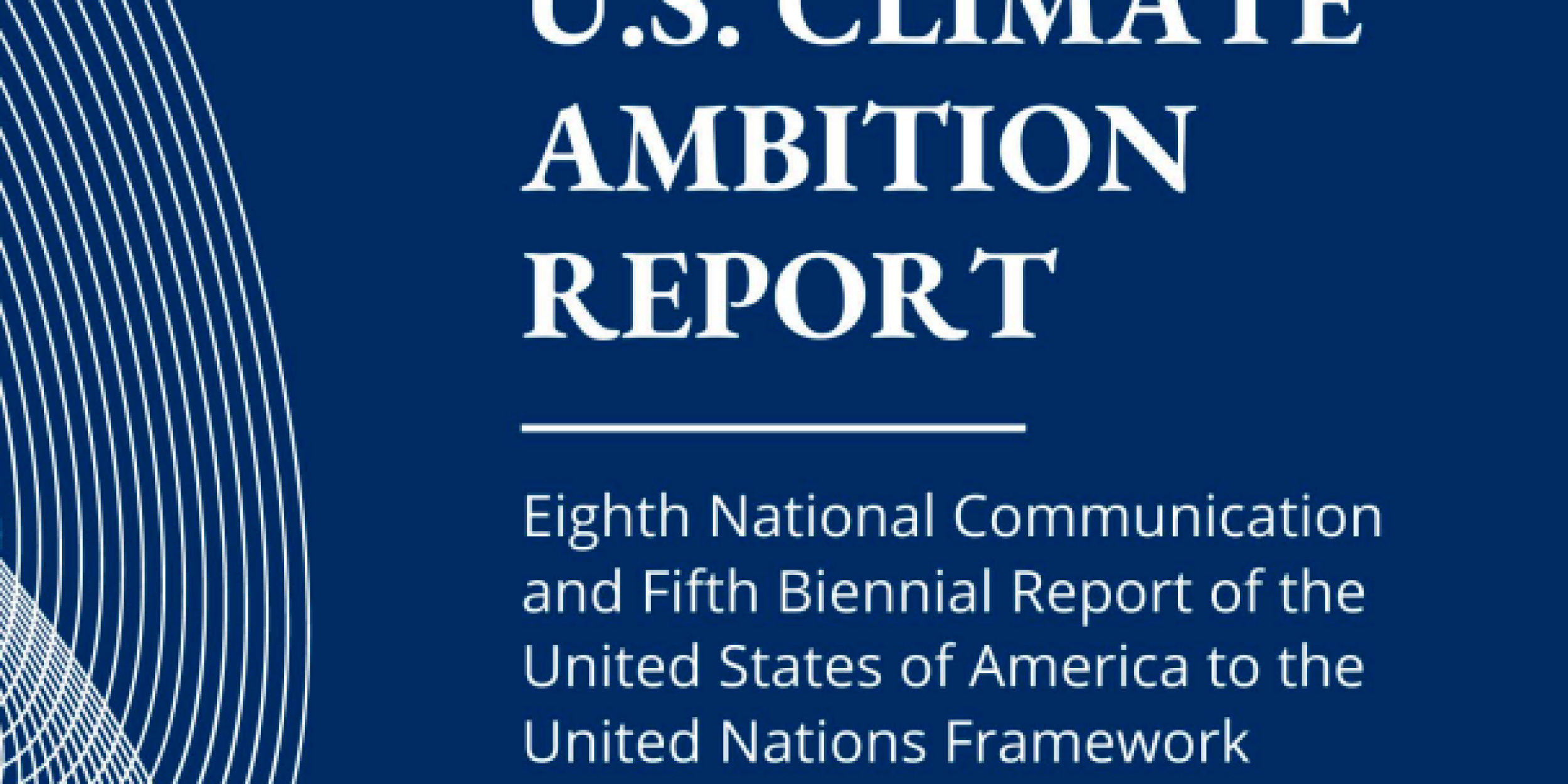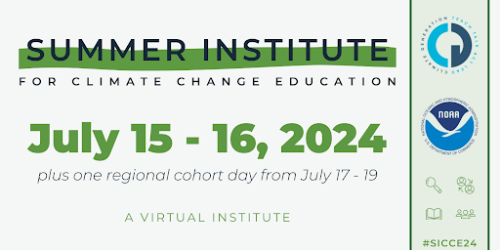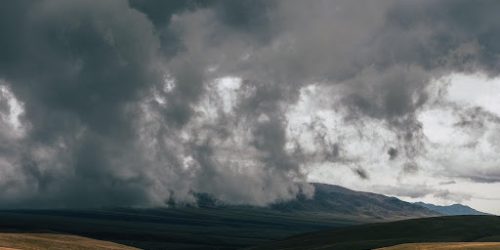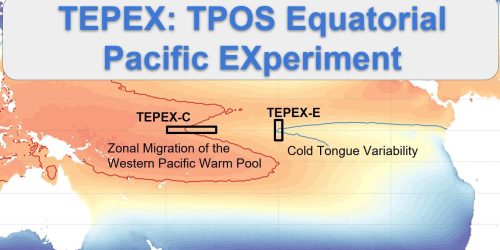On December 29, the United Nations Framework Convention on Climate Change (UNFCCC) submitted its 2022 U.S. Climate Ambitions Report. The 2022 U.S. Climate Ambition Report is the Eighth National Communication and Fifth Biennial Report of the United States to the UN Framework Convention on Climate Change. It summarizes a series of policies and measures the United States has taken that will contribute to achieving its nationally determined contribution (NDC) target and the report also provides information regarding a range of actions undertaken by the United States to support adaptation and build resilience to the impacts of climate change in the United States, and to support climate action internationally. It reflects not only actions by the federal government, but those of a wide range of stakeholders engaged in taking action, building awareness, and advancing cutting-edge science and technology to enhance global climate efforts.
The NatCom and BR are the principal documents through which governments communicate how they are responding to the climate crisis to the global community. This report fulfills the UNFCCC reporting requirements, some of which limit the focus to 2019-2020, but it also makes a strong presentation of the important new initiatives of the past two years, including the American Innovation in Manufacturing Act, Bipartisan Infrastructure Law, and Inflation Reduction Act (IRA).
Frank Niepold, Climate Education Coordinator for CPO’s CEE Division, served as a lead author of Chapter 9 in the report. Haley Crim and the 2022 CPO/CEE Lapenta intern Jacklyn Beck contributed to the authorship and analysis for the chapter, titled ‘Climate Education, Engagement, Workforce Development, And Training. Chapter 9 reflects programs designed to enhance climate change education, training, and public awareness throughout the country. While many of these programs are supported by the federal government, many others have been designed and implemented by a diverse set of stakeholders committed to helping to combat climate change.
For more information, contact Frank Niepold.
Image credit: UNFCCC










